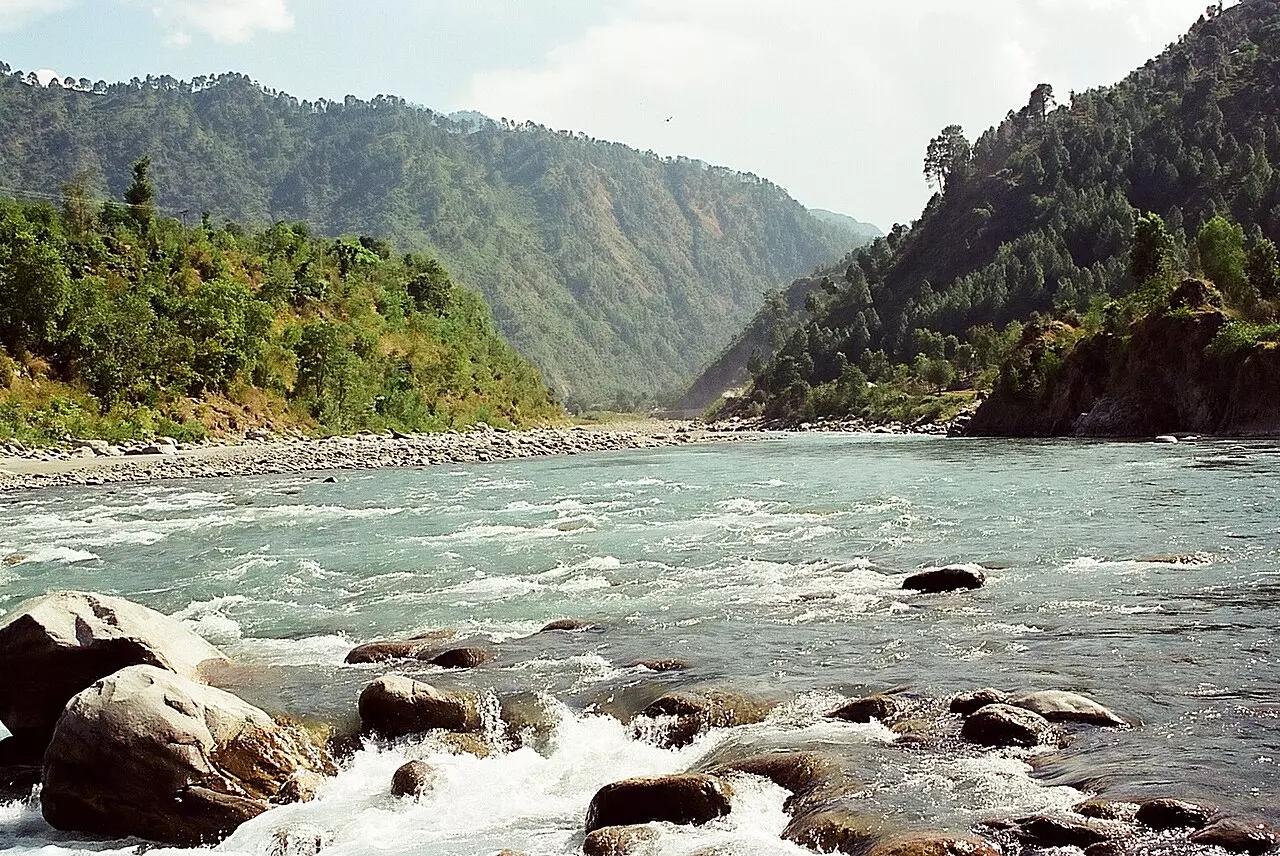
India stops Ravi water flow into Pakistan with barrage after 45-year wait
Work on the barrage kept getting stuck repeatedly due to disputes between Punjab and J&K and India kept losing Ravi water to Pakistan though it has rights to it

Pakistan’s loss is Jammu and Kashmir’s gain. Some 1150 cusecs of Ravi river water, which flowed into the neighbouring country despite India holding exclusive rights to it under the 1960 Indus Water Treaty, will now irrigate 32,173 hectares of farmland in Kathua and Samba districts as the construction of the Shahpur Kandi barrage finally nears completion after a 45-year wait.
Work on the barrage in Punjab’s Pathankot district kept getting stuck repeatedly due to disputes between that state and Jammu and Kashmir. The 55.5-metre-high barrage is also linked to two hydel power projects with a total installed capacity of 206 MW. Jammu and Kashmir will get 20 per cent of that power, while Punjab and Rajasthan will also benefit from the barrage. Some 5,000 hectares of Punjab farmlands will be irrigated by the dam waters.
Decades-old saga
The story of the barrage began in 1979 when Sheikh Mohammad Abdullah, the then Chief Minister of Jammu and Kashmir, and his Punjab counterpart Parkash Singh Badal signed an agreement to build the Ranjit Sagar Dam on the border of the two states and the Shahpur Kandi barrage 11 km downstream, fully in Punjab.
Then Prime Minister Indira Gandhi laid the foundation of the Ranjit Sagar Dam in 1982 and it was completed in 2001 after a three-year delay. Foundation of the Shahpur Kandi barrage was laid in 1995 by then Prime Minister PV Narsimha Rao, but it kept getting delayed thanks to repeated disputes between Punjab and Jammu-Kashmir.
Precious water lost
The Shahpur Kandi barrage was finally declared a national project in 2008, but construction started only in 2013, only to be held up yet again in 2014 due to disputes between Punjab and Jammu-Kashmir. Eventually, the Centre mediated in 2018 and brokered an agreement between the two warring states, after which the work began.
Under the 1960 Indus Water Treaty, signed under the World Bank’s supervision, India has full rights over the water of the eastern rivers of Ravi, Sutlej, and Beas, while Pakistan has rights over the water of the western rivers of the Indus, Jhelum, and Chenab. As a result of the disputes, India had been losing a huge amount of precious water of the Ravi to Pakistan for all these years.

